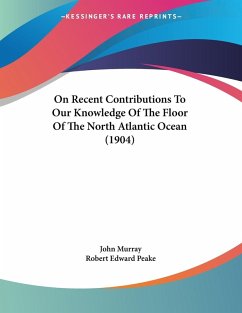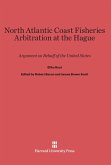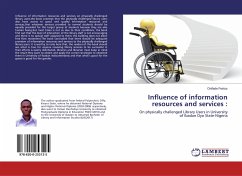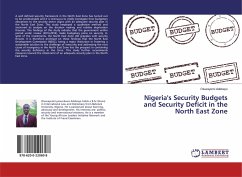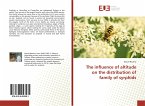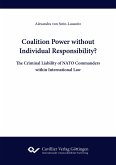NATO-led humanitarian intervention against the regime of Muammar Gaddafi in Libya has been a considerable source of contention among many scholars and statesmen at international scene. This study is an attempt to critically assess NATO's humanitarian intervention in Libya from 2011 to 2015. The study is anchored on the power theory. The power theory contends that the ultimate objective of foreign policy or behaviour of actors in the international scene is the pursuit of interest defined in terms of power. Power is the conditionality and very central for the overriding influence of super power nations. Data for the study were gathered through secondary sources. The study revealed, among others, that both economic and political objectives superseded humanitarian considerations in NATO's enforcement of a responsibility to protect through the use of force and abdicated its responsibility to protect Libyans from the human suffering that continued subsequent to Gaddafi s execution. Thepaper concluded that NATO should at all times show its capability of dealing with crisis in any part of the world without underlying interest and political leanings.


